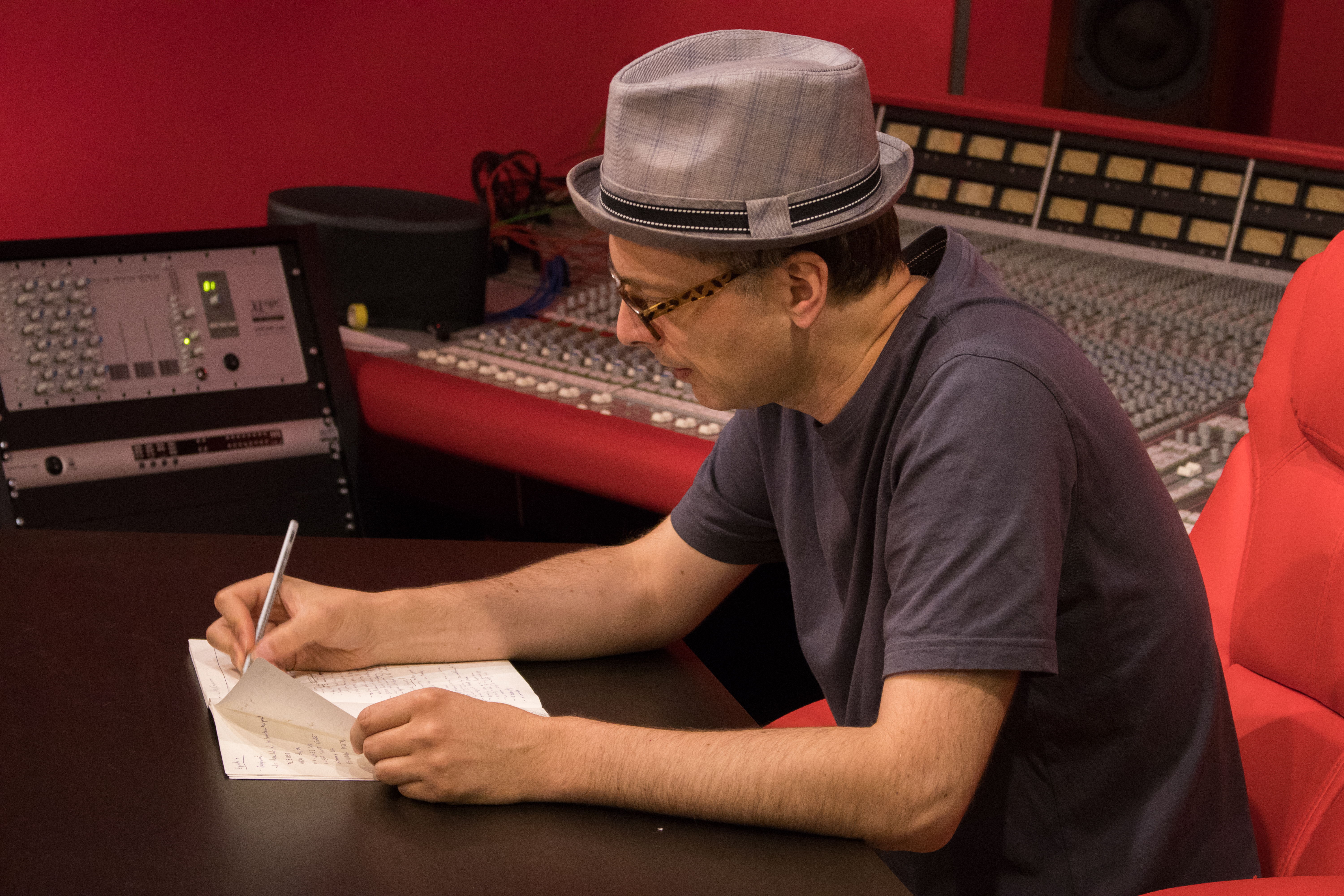Finding your own format

These five tips will help you start your own podcast
Wedemark, November 2018 – The podcasting phenomenon has unleashed a growing wave of excitement around the globe, with many podcasts having long since achieved cult status on streaming services such as Spotify. In the meantime, this auditory medium even has its own special day on which fans and producers alike can duly celebrate: International Podcast Day on 30 September. But, as is always the case, it is the first steps that are the most difficult, and many would-be podcast producers start by asking themselves: What subject can I talk about? What should I call my podcast? And how do I create my own personal broadcasting concept? The audio specialist has five tips that will help in launching your podcast career.
1. What is my subject?
The variety of subjects for podcasts is enormous: lifestyle, technology, politics, sport, music and plenty more besides – and all of these areas are covered by a huge number of podcasters. So before you begin, you should think very carefully about what your personal subject is, one that will enable you to find your own niche, and which you are passionate about. Are you particularly interested in indie rock and are you something of an expert in this genre? Or do you love travelling in Brazil and have some insider tips to share? Find a subject that you can talk about with passion – because that will make your podcast authentic.

2. Who is my target group?
This question is, of course, very much dependent on your subject. But you should think about it very carefully and do some research. Are there already communities that deal with this subject, for example in online forums? How can you get your potential audience interested in your content? To begin with, you should look around within your circle of friends for people who might like what you have to offer – and in that way, you can start to build up your first fan base.
3. How do I find the right name?
Once you have found a subject, your next step is to find a suitable name for your podcast. It should, of course, fit the subject and it shouldn’t be too complicated, so that your audience will be able to find you. Tip: write down a list of different ideas for names and decide whether they work within the context of your subject. Take your time before making the final decision and ask friends and family for their opinion. And most importantly, you should find out whether someone else is already using this name.
4. How do I prepare my content?
It’s now time to start thinking about how you are going to present your subject. After you have defined the broad framework of your podcast with an overall subject, you then have to fill the individual episodes with sub-topics. To do this, first create a sort of broadcasting schedule to ensure that you don’t use up all of your best material in the first three episodes. You should also think about the format. Is your podcast designed as a monologue or in the form of an interview? Do you intend to talk freely or will you be writing a script for each episode? Will you be broadcasting from an outside location or from a room at home? Or will it be a bit of everything? Find the style that suits you and which you feel most comfortable with. Tip: listen to well-known podcasts and get inspiration from their formats.
5. At what regular intervals should I broadcast my episodes?
Before you start, you should also spare a thought about how regularly you want to broadcast your content. Above all, you should consider your personal situation. How much time will you have available to create, produce and host your episodes? This will enable you to work out how regularly your podcast is to be aired. But whether it is to be monthly, weekly or even daily, the most important thing is that it is regular. Even if podcasts are available on demand, your audience will focus on your upload days and will expect new episodes at regular intervals. In this case, be transparent and communicate your upload times so that everyone will know when to expect a new episode.
So you’re good to go – aren’t you?
Now you can begin creating your own podcast. But that still isn’t everything you need to know before starting your own series. Together with mixing engineer and podcaster Marc Mozart, Sennheiser has developed a YouTube series for podcast beginners – from concept development and tips for making the best recording and finding the right equipment to marketing your own podcasts.
You can find the series and all other information here: www.sennheiser.com/how-to-podcast


